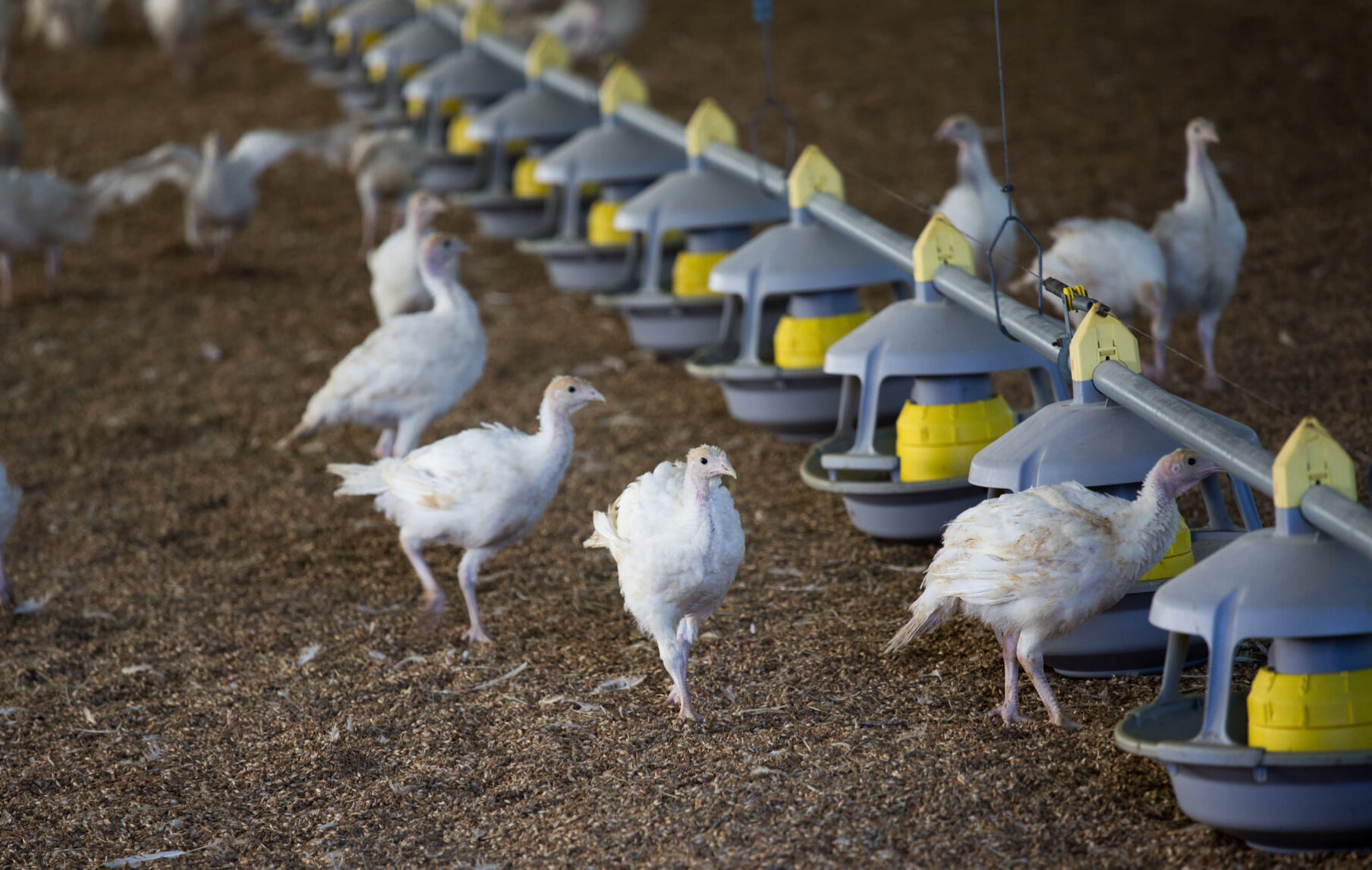Nebraska cancels all poultry events through May 1 as bird flu spreads

As highly pathogenic avian influenza continues to spread across the country, the Nebraska Department of Agriculture announced March 26 that all poultry events in the state were canceled through May 1. The move came shortly after NDA confirmed a fourth case of HPAI in Holt County. Experts believe HPAI is spread by flocks of wild fowl who carry the virus but don’t succumb to symptoms.
The NDA order prohibits birds of any type at events including but not limited to fairs, expositions, swap meets, exotic sales and live bird auctions. The order is effective immediately and will be in effect until May 1, at which time the order will be reevaluated.
“The decision to cancel poultry events was not taken lightly but is a necessary step to assure we are doing everything possible to protect our poultry producers, both small and large,” said NDA Director Steve Wellman.
“Poultry producers should continue to take biosecurity measures on their farms to help prevent the spread of the disease into their flock.”
At the present time, NDA will continue to allow the selling of chicks, ducklings and goslings at farm stores as such birds are hatched in National Poultry Improvement Plan flocks.
NDA is encouraging bird owners to prevent contact between their birds and wildlife and to practice strict biosecurity measures. If producers suspect signs of HPAI in their flock, they should report it to NDA immediately at 402-471-2351.
More information for producers—including up-to-date maps of the spread of HPAI in the state by county—can be found at https://nda.nebraska.gov/animal/avian/index.html or http://healthybirds.aphis.usda.gov.
Iowa suspending poultry events, too
The Iowa Department of Agriculture and Land Stewardship is suspending all live bird exhibitions at fairs and other gatherings for a minimum of 30 days and until 30 days have passed without a positive case of a new infection in the state. The order was announced March 23. Also, the Iowa Poultry Association has recommended that bird exhibitions be canceled in the state.
HPAI confirmed in Minnesota
On the same day, March 26, officials of the United States Department of Agriculture’s Animal and Plant Health Inspection Service confirmed the presence of HPAI in two flocks in Minnesota—a commercial turkey flock in Meeker County and a backyard mixed species flock (non-poultry) in Mower County.
Samples from the Meeker County flock were tested at the Minnesota Poultry Testing Laboratory and samples from the Mower County flock were tested at the University of Minnesota Veterinary Diagnostic Laboratory, both part of the National Animal Health Laboratory Network, and confirmed at the APHIS National Veterinary Services Laboratories in Ames, Iowa.
Officials said APHIS is working closely with state animal health officials in Minnesota on a joint incident response. State officials quarantined the affected premises, and birds on the properties will be depopulated to prevent the spread of the disease. Birds from the flocks will not enter the food system.
APHIS and Colorado Parks and Wildlife confirmed HPAI virus in wild Snow and Ross’s Geese in Sedgwick County, Colorado, after finding several dead sick and dead geese at Jumbo Reservoir. Samples were confirmed on March 24. APHIS and Iowa Department of Agriculture and Land Stewardship confirmed a case in a block of commercial pullet chickens in Franklin, Iowa.
According to the U.S. Centers for Disease Control and Prevention, the recent HPAI detections do not present an immediate public health concern. No human cases of these avian influenza viruses have been detected in the U.S. As a reminder, the proper handling and cooking of all poultry and eggs to an internal temperature of 165 degrees Fahrenheit is recommended as a general food safety precaution.
The USDA strongly recommends that anyone involved with poultry production from the small backyard to the large commercial producer should review their biosecurity activities to assure the health of their birds. APHIS has materials about biosecurity, including videos, checklists, and a toolkit available at https://www.aphis.usda.gov/aphis/ourfocus/animalhealth/animal-disease-information/avian/defend-the-flock-program/dtf-resources/dtf-resources.
David Murray can be reached at [email protected].
Sign up for HPJ Insights
Our weekly newsletter delivers the latest news straight to your inbox including breaking news, our exclusive columns and much more.



